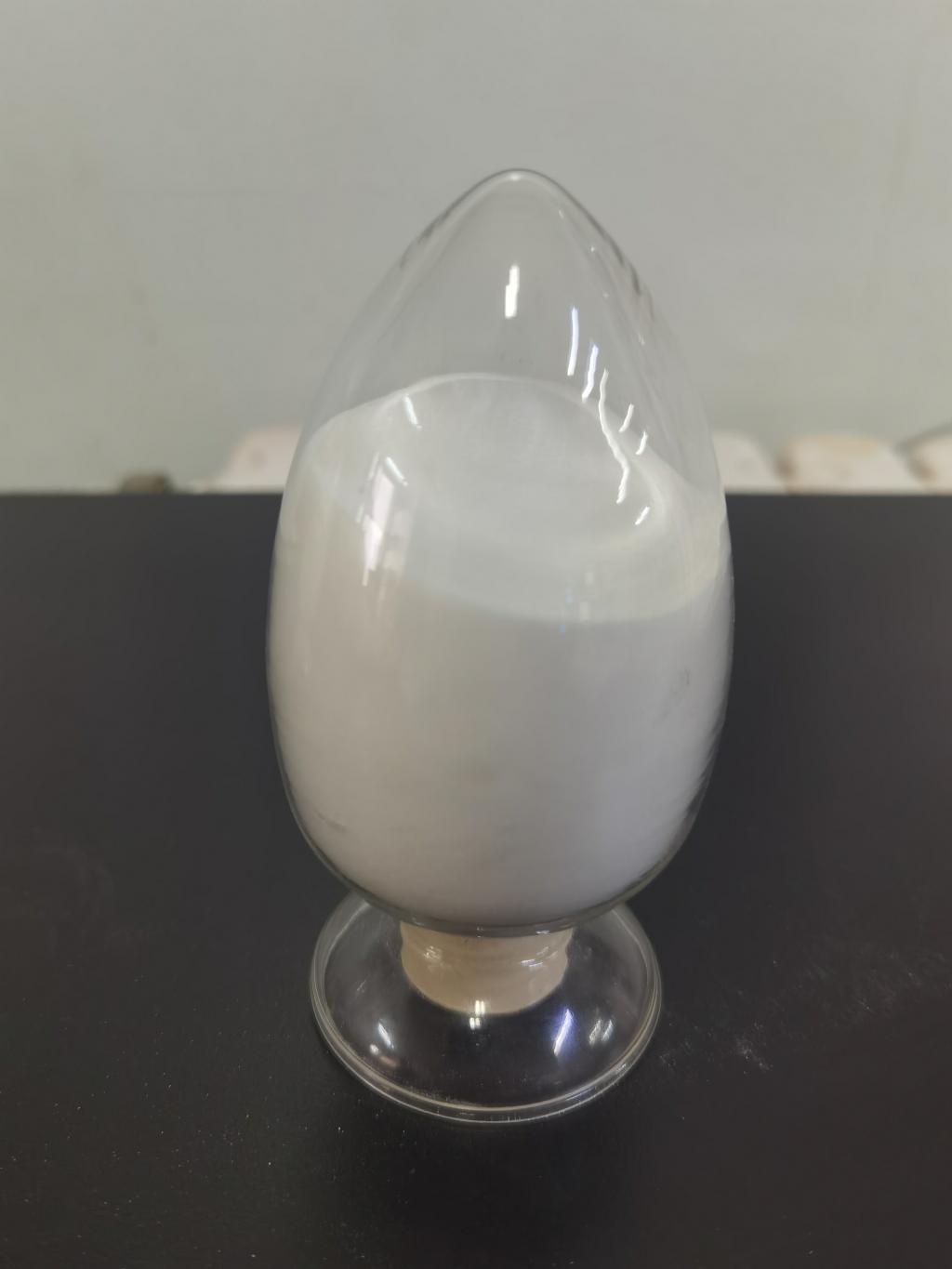Tel:+8618231198596

News
 CONTACT
CONTACT
 CONTACT
CONTACT
- Linkman:Linda Yao
- Tel: +8618231198596
- Email:linda.yao@dcpharma.cn
- Linkman:CHARLES.WANG
- Department:Overseas
- Tel: 0086 0311-85537378 0086 0311-85539701
News
What are the potential benefits of using ε-Polylysine hydrochloride in food products?
TIME:2023-07-18
Introduction
The shelf life of perishable food products is a critical concern for food manufacturers and consumers alike. Extending the shelf life helps maintain product quality, reduce food waste, and enhance food safety. ε-Polylysine hydrochloride, a natural antimicrobial peptide, holds promise as a solution for extending the shelf life of perishable food products.
Antimicrobial Properties of ε-Polylysine Hydrochloride
ε-Polylysine hydrochloride exhibits potent antimicrobial activity against a wide range of spoilage microorganisms, including bacteria, molds, and yeasts. Its antimicrobial mechanism involves disrupting the cell membranes of microorganisms, inhibiting their growth and multiplication.
Effectiveness against Spoilage Microorganisms
Spoilage microorganisms, such as bacteria and fungi, contribute to the deterioration of food products, leading to changes in taste, texture, and odor. ε-Polylysine hydrochloride has been shown to effectively inhibit the growth of various spoilage microorganisms, thereby extending the shelf life of perishable foods.
Preservation Mechanisms
ε-Polylysine hydrochloride's preservation mechanisms involve inhibiting microbial growth, preventing enzymatic reactions, and reducing oxidative processes. Its antimicrobial properties help control the proliferation of spoilage microorganisms, while its antioxidative activity helps maintain the freshness and quality of food products.
Impact on Food Quality
Maintaining food quality is crucial in extending shelf life. ε-Polylysine hydrochloride has minimal impact on the sensory attributes, nutritional composition, and texture of food products. It does not alter the taste or color significantly, making it suitable for preserving the overall quality of perishable foods.
Application in Different Food Products
ε-Polylysine hydrochloride has shown efficacy in extending the shelf life of various perishable food products, including meat, seafood, dairy products, bakery items, and processed fruits and vegetables. Its broad-spectrum antimicrobial activity makes it a versatile preservation option for different types of food products.
Regulatory Considerations
The use of ε-Polylysine hydrochloride as a food preservative is subject to regulatory considerations. Compliance with local regulations and obtaining the necessary approvals for its use are essential. Collaborating with regulatory authorities to ensure the safety and legality of ε-Polylysine hydrochloride in specific food applications is crucial.
Reduction of Food Waste
Food waste is a significant global concern, and extending the shelf life of perishable food products can help reduce waste. By inhibiting microbial growth and delaying spoilage, ε-Polylysine hydrochloride can contribute to reducing food waste throughout the supply chain and improving sustainability in the food industry.
Consumer Benefits
Extending the shelf life of perishable food products benefits consumers by providing them with fresher, safer, and higher-quality food options. Consumers can enjoy longer storage times, reduced food spoilage, and increased flexibility in meal planning and consumption.
Conclusion
The use of ε-Polylysine hydrochloride in extending the shelf life of perishable food products offers several potential benefits. Its antimicrobial properties, minimal impact on food quality, and effectiveness against spoilage microorganisms make it a promising natural preservation option. By utilizing ε-Polylysine hydrochloride, the food industry can reduce food waste, improve sustainability, and provide consumers with safer and higher-quality perishable food products. However, continued research, regulatory compliance, and careful implementation are necessary to fully realize the benefits of ε-Polylysine hydrochloride in extending shelf life and meeting consumer demands for natural and sustainable food preservation.
- Tel:+8618231198596
- Whatsapp:18231198596
- Chat With Skype







